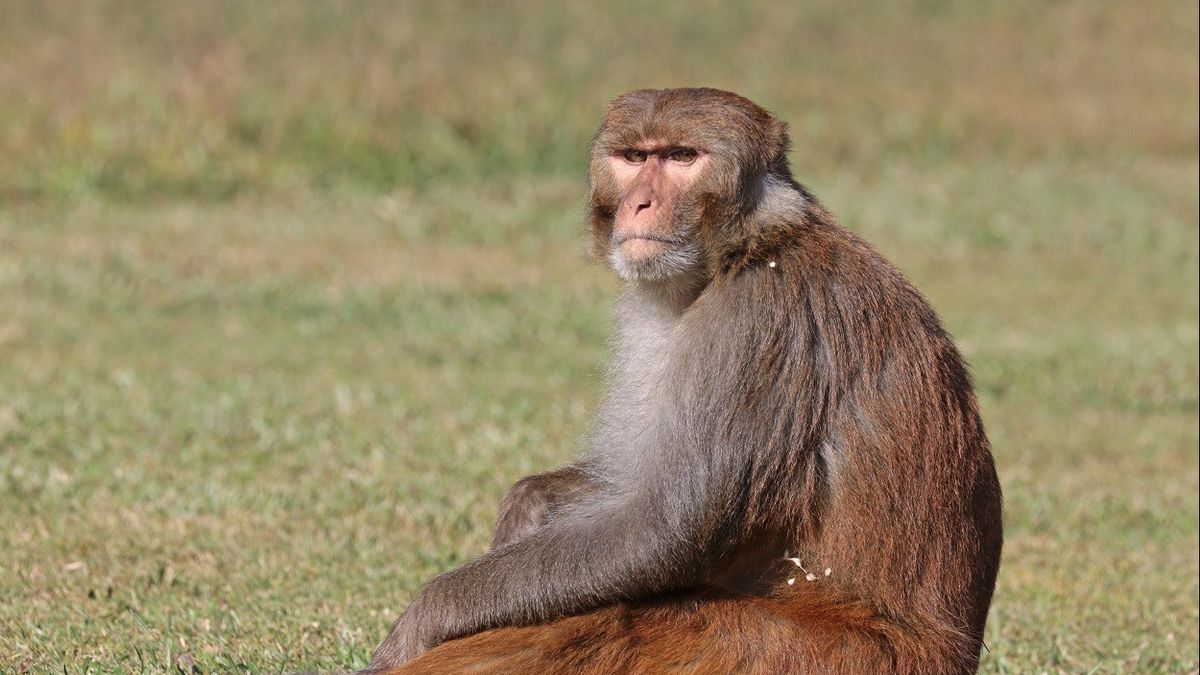JAKARTA - A four-year-old baby died after being thrown from the top of a three-story building by monkeys, after the baby's parents were previously attacked by a group of monkeys.
The incident took place in Dunka Village, located near Bareilly District, Uttar Pradesh State, India.
Quoted from Sputnik News July 20, the incident occurred when Nirdesh Upadhyay and his wife and baby son were walking on the terrace of their house. The father held the child in his arms.
Suddenly, a number of monkeys came out of nowhere and attacked the family. When Nirdesh tries to run towards the stairs, the boy falls from his hands. A monkey immediately grabbed the baby and threw him off the roof. The poor baby died on the spot.
Bareilly Forest Conservatory Chief Lalit Verma said the incident was reported last Friday and a forest department team was sent to investigate the matter.
It is known that the rhesus macaque, in general, is a harmless and peaceful species and lives in packs.
Since humans generally feed these monkeys, they lose their fear and start attacking humans when they are hungry and sometimes angry, ecologist Asmita Sengupta of the Ashoka Trust for Research in Ecology and the Environment told Reuters.
As a result, often monkey-human encounters turn tragic. In India, red-faced rhesus macaques have wreaked havoc, snatching food and cell phones, breaking into homes and terrorizing people; Such incidents are widespread in India and are reported daily.
Citing Dailymail, a five-year-old girl was killed by monkeys in Bichpuri Village, Bareilly District, in February.
In January, a three-month-old baby named Prince died when he was dragged by a monkey and thrown into a water tank. The incident took place at Gadhi Kalanjari in Uttar Pradesh's Baghpat District.
Many Indian states, including Uttar Pradesh, have introduced surgical sterilization of rhesus monkeys, aiming to limit their growing population and find possible solutions to the increasing reports of simian violence. However, the move proved futile.
In 2019, the Indian government is also considering alternative ways to control the ape population. Immunocontraception is a technique that involves administering a vaccine that creates a temporary immune response to a protein or hormone essential for reproduction, thereby rendering the apes infertile. However, the program encountered several obstacles and failed to achieve its objectives.
The English, Chinese, Japanese, Arabic, and French versions are automatically generated by the AI. So there may still be inaccuracies in translating, please always see Indonesian as our main language. (system supported by DigitalSiber.id)








